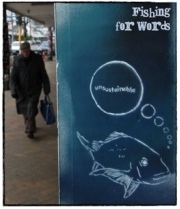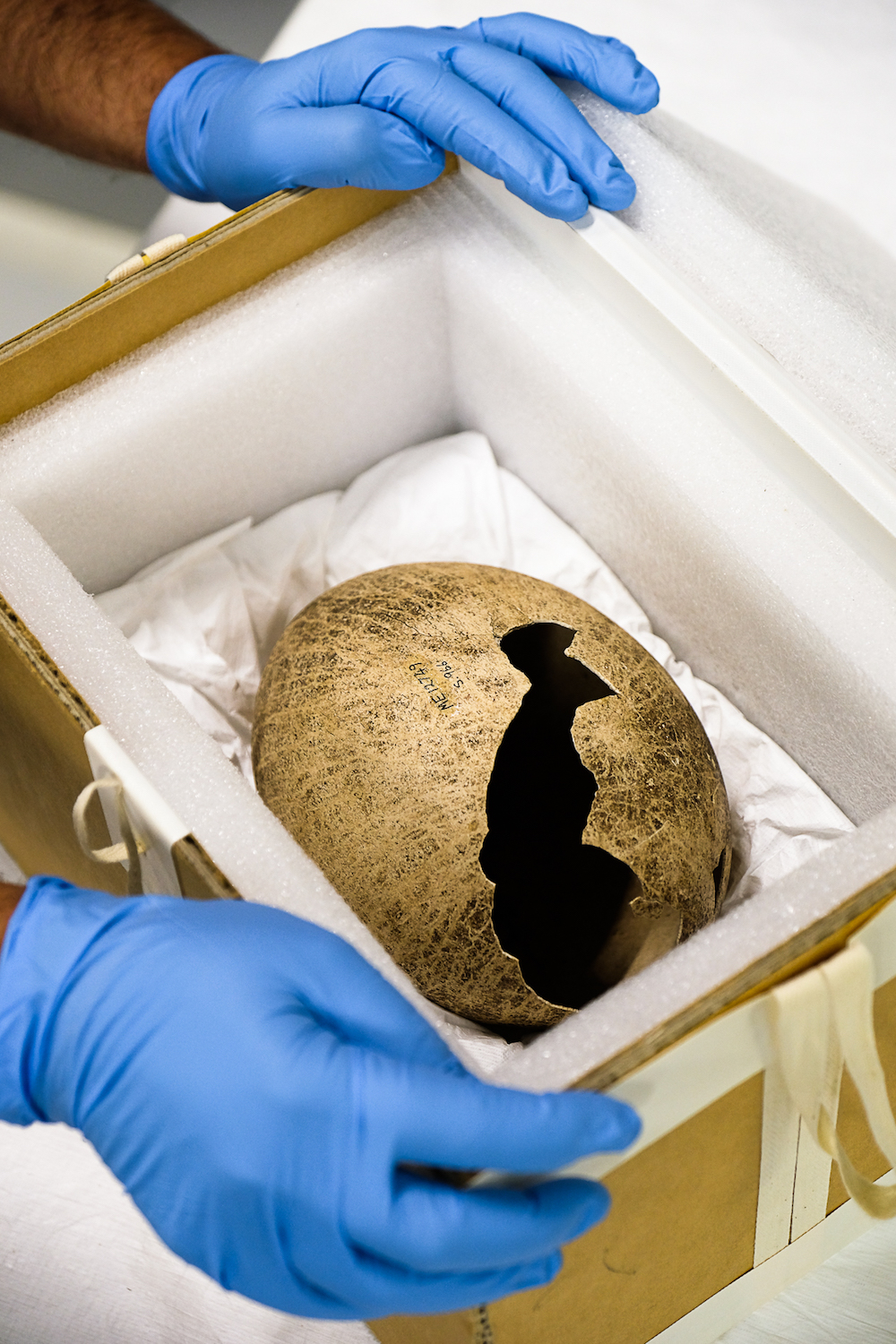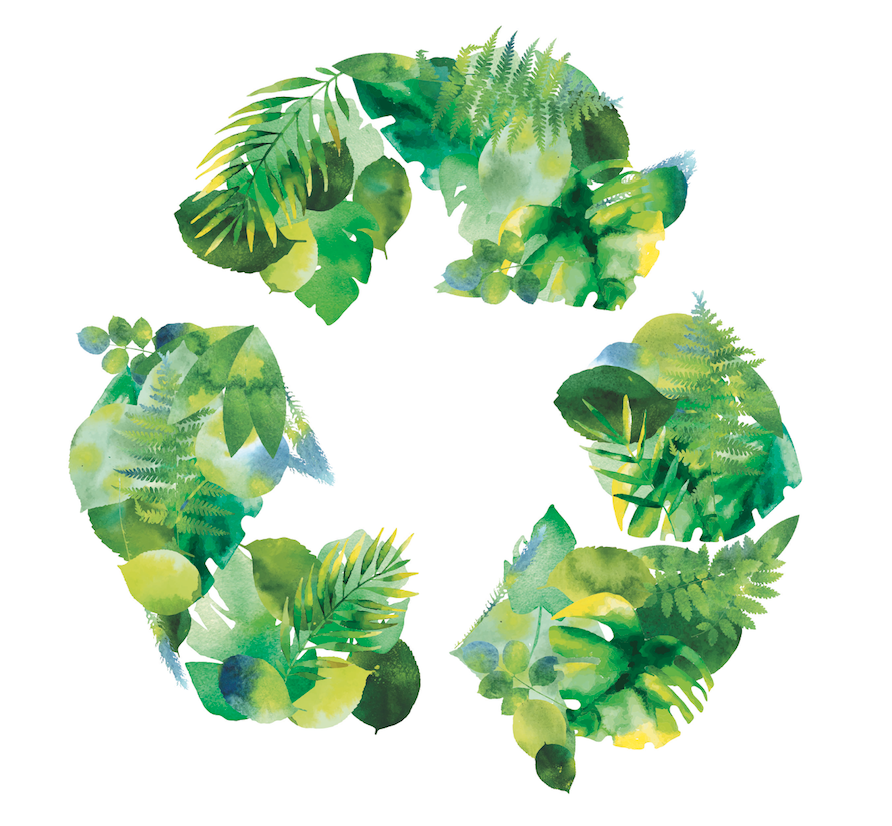Make a cup of tea and pull your chair a little closer … newly eligible bachelor Nick Potter spills the intimate details about why he broke up with sustainability, who he’s playing around with now—and why he’s chosen to be polyamorous (with words, that is).
Make a cup of tea and pull your chair a little closer … newly eligible bachelor Nick Potter spills the intimate details about why he broke up with sustainability.

Breaking up with sustainability wasn’t easy. We had a long-term relationship. We also keep bumping into each other, because sustainability is still hanging out with many people I work with. I’m fine with that, as I can see the positive role that it’s playing. I’m grateful for the way that sustainability still brings us together. I’m also partly to blame: I encouraged sustainability to get around.
Remembering the good times
Some people think that sustainability is only a word. They don’t know about the intimate relationships it’s had with many people. ‘Buzzwords’ like sustainability are potent. They buzz because they carry great energy.
I first met sustainability at University in 1998. It had already been a power dresser in the language of social and environmental change, along with its sibling sustainable development, for over ten years by then. It’s a testament to its strength that it’s had the staying power to last this long.
Why was I attracted to sustainability? It had a special way of bringing diverse people and perspectives together. I was in a business school and it gave me the vocabulary to talk about the things I really cared about, like social justice and our environment. Sustainability had an amazing ability to encourage ‘joined up’ thinking. It assisted many people to take a broader and more integrated perspective.
My relationship with sustainability blossomed. I furthered my studies and wrote a thesis on how the words “sustainability” and “sustainable development” were shaping change, and being shaped, in New Zealand’s business community. The first project I worked on after University was a Parliamentary report into sustainable development. I then wrote a report advocating a shift from “environmental education” to “education for sustainability”. And so it goes on: project after project, and job after job. Looking back it seems like I would do almost anything for sustainability.
Cracks in our relationship
Sustainability wasn’t always popular. Yet it makes me grin that many people who didn’t like it at first, including businesspeople, politicians and environmentalists eventually had their own affairs with this word.
Some might say that sustainability got around too much. That’s understandable. I was often protective of sustainability myself. I sensed that some people were only using it for their personal advantage. Sustainability was easily abused.
Many people got annoyed that sustainability was hard to pin down. Nobody could agree on what it actually means. Yet therein lies the power of sustainability. It’s mysterious. It’s a player. It has brought many people together and encouraged us to form our own perspectives. We’ve struggled to understand how other people relate to this word. We have learned lots through our struggle.
It’s true that sustainability can also be a slippery character. It’s hollow if it means anything to everyone. It’s not really empty though. Many people were upset when some big businesses started using it. I certainly was. But now I see this as an achievement. Sustainability has never been controlled. It’s simply a channel for conversation. I welcome any organisation that claims to be sustainable. It gives me a great platform to ask questions, like: What are you sustaining? For how long? How can you demonstrate that? Who benefits? Who doesn’t? We can tell from the sincerity of their answers what they’re really up to.
So why have I parted ways with sustainability? All I can say is that the love is gone. There’s not enough life in sustainability any more. How ironic.
Other words in my life
Actually I’ve been seeing a few other words while my relationship with sustainability has cooled down.
One of the words that I’ve flirted with lots is regeneration. Many of my peers use this word for good reason. To regenerate means to regrow, bring into renewed existence, and to foster more vibrant/vigorous life. It automatically implies improving. It embraces growth (but not the decay that GDP neglects to measure). I also like the way that it works across personal/social/environmental boundaries. Regeneration can occur in ourselves as well as in our community and environment.
I’ve had my eye on thrivability too. Some people really like the look of this world (or at least how it sounds if they don’t say “thriv”). My friend Megan got excited about it during a conversation we were part of last year. There’s even a blog dedicated to this word. Thriving means to grow and prosper. It’s positive and bursting with energy. Sustainability sounds drab in comparison. It’s better to thrive than to simply survive. Yet something about the marriage of “thrive” and “ability” doesn’t quite fit right for me. It’s a bit clunky. It feels like sustainability 2.0.
Maybe we’re trying to be too clever. I’m very fond of this humble word too: renewability. It’s a trusted friend. People understand it instinctively. It weaves the old with the new. To “renew” means to give fresh life or strength to something. It also means to re-establish (eg relationships). Renewability can be easily assessed and it cuts to the essence of what we need to do. Many of us understand the importance of rapidly weaning ourselves off fossil fuels and designing a society based on renewable sources of energy and materials. We can also renew ourselves and our communities. Let’s cease depleting. Renewing/regenerating will really help us thrive.
Playing the field
To be honest, I’m still going to see sustainability. I’m also going to keep playing around with other terms. Lucky I’m only polygamous with words.
Sustainability will still be in my life because it’s still humming for some people. It’s an easy word to get along with. In comparison, how many businesses could claim that they’re renewable or regenerative? Many corporate giants, including oil companies like Shell and BP, embraced the word sustainability. Can you imagine them demonstrating their renewability?
I also know many great people who work in/with businesses who use this word for good effects. The same goes for government agencies (although sustainability has now fallen from grace in New Zealand). Sustainability is contributing to small improvements. I just can’t see it achieving any more significant changes. I favour approaches that are deeply positive for people, organisations and our environment. Regeneration and renewability capture this better for me.
I’ll keep playing around with words because it’s important to choose words that are meaningful for different people. We can never rely on a single word to capture what we really want to say. I’m most interested in the intentions behind words, and the integrity of the people who use them.
So fairwell sustainability, but not forever. Sometimes I’m still lost for words without you. I’m glad that we can still be friends.







